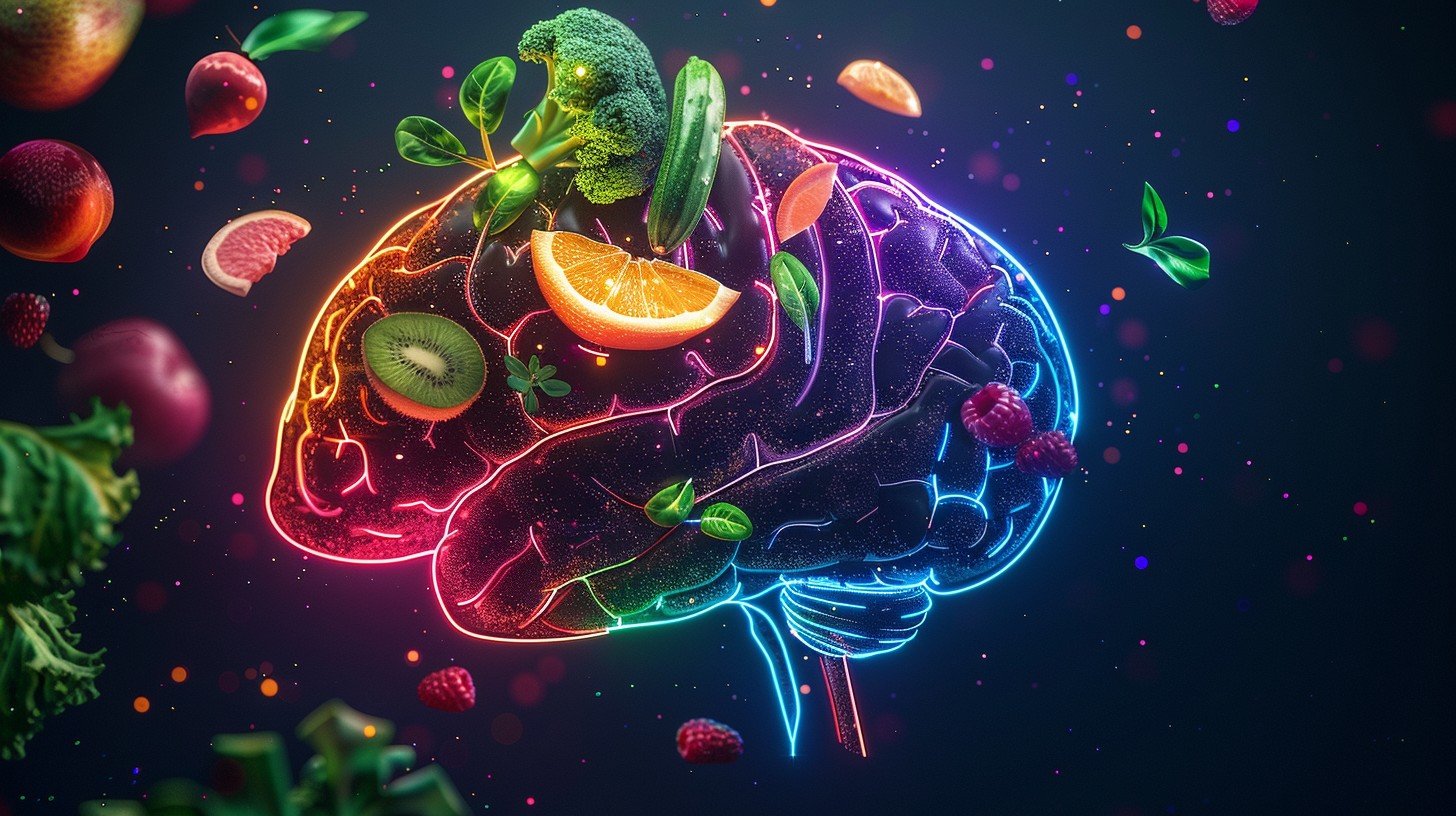Exploring the Role of Nutrition in Mental Health

The connection between diet and physical health is well-established, but the influence of nutrition on mental well-being is an area of growing interest. What we consume can have a significant impact on our psychological state, influencing everything from mood to cognitive function. Understanding this relationship provides an opportunity to support mental health through dietary choices.
Food and Mood
Your daily food choices and nutrient intake directly shape your mood and energy levels. When you consume diets high in processed foods, refined sugars, and unhealthy fats, you expose yourself to rapid fluctuations in blood sugar levels. These quick spikes and crashes often result in irritability, fatigue, and low mood. By focusing on a balanced diet rich in nutrient-dense whole foods, you help stabilize blood sugar levels. This promotes steadier energy and more consistent emotional well-being. Choosing wholesome, nutrient-packed ingredients can lead to a noticeable difference in how you feel each day.
Nutrients and Brain
Your brain is a highly active organ that relies on a steady supply of specific nutrients to function optimally. Neurotransmitters are the chemical messengers that influence mood, sleep, and appetite. They are synthesized from components found in your daily diet. Consuming tryptophan, an amino acid found in protein-rich foods, provides the building blocks for serotonin. Serotonin is a neurotransmitter necessary for feelings of well-being. Several beneficial nutrients play a role in supporting brain health, such as:
- Omega-3 Fatty Acids: Found in fatty fish, flaxseeds, and walnuts, these fats are components of brain cell membranes.
- B Vitamins: These vitamins, particularly B12, B6, and folate, play a role in producing brain chemicals that affect mood and other brain functions.
A deficiency in these nutrients can impair brain function and may be associated with mood changes.
Diet and Emotions
Dietary patterns can have a lasting impact on emotional regulation. A diet centered on whole foods such as fruits, vegetables, whole grains, lean proteins, and healthy fats provides the complex carbohydrates, vitamins, and minerals needed for sustained mental energy. These dietary patterns help support gut health, which is increasingly recognized for its connection to mental wellness through the gut-brain axis. An imbalance in gut bacteria has been linked to shifts in mood and emotional health.
Lifestyle and Well-Being
You support your mental health best by incorporating nutrition into a comprehensive set of lifestyle habits. Engaging in regular physical activity, getting sufficient sleep, and adopting stress management techniques benefit emotional wellness alongside conscious dietary choices. When you combine a nutrient-dense diet with these positive habits, you set the stage for both physical and mental resilience. This allows each aspect to amplify the others.
Take Control of Your Mental Health Through Nutrition
Making mindful dietary choices is a practical step toward supporting your mental well-being. By focusing on whole, nutrient-dense foods, you provide your brain with the building blocks it needs to function optimally. While nutrition is not a substitute for professional medical care, it is a powerful component of a comprehensive approach to mental health. If you have questions about how to incorporate these principles into your life, try speaking with a healthcare provider or a registered dietitian.
- What to Expect When Visiting a Foot and Ankle Specialist
- Causes of PTSD
- The Link Between Plantar Fasciitis and Weight Gain: What You Need to Know
- How Pet Ownership Can Positively Impact Life with Fibromyalgia
- The Importance of Stretching and Flexibility in Sports Medicine
Dr. Emma Green is a health and wellness expert with over 10 years of experience in nutrition and fitness. Passionate about helping others live their healthiest lives, Dr. Green shares practical advice on wellness, nutrition, and sustainable living through LivingSpristine.






